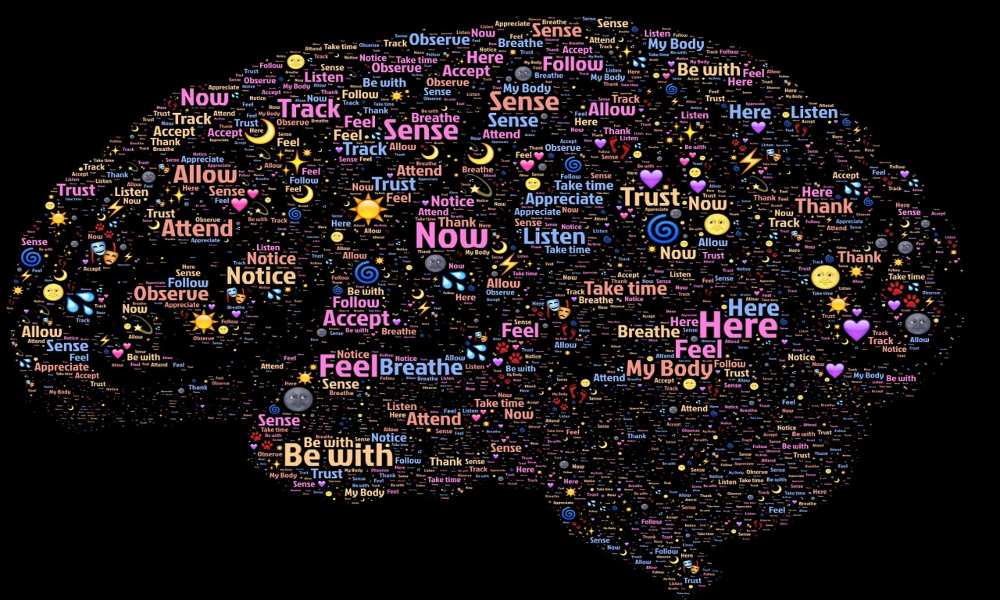
This Week’s Insights: Social media has become a a battleground… MoviePass’s subscription model is problematic… Podcasts have taken over the documentary… Study says young have a different definition of culture… Biometrics test measures how much more neurologically intense live experiences are.
- Social Media Hosts The Frontlines Of The Culture Wars: Remember when connecting up everyone seemed like a good idea? Now it’s become a cesspool of hate and reflexive opinions used to bully, shame and coerce. “Though the brigading of review sites and doxxing behavior isn’t exactly new, the speed and coordination is; one consequence of a never-ending information war is that everyone is already well versed in their specific roles. And across the internet, it appears that technology platforms, both big and small, must grapple with the reality that they are now powerful instruments in an increasingly toxic political and cultural battle.“
- MoviePass Seems Like A Great Idea. But Maybe Not? So much of the web economy is based on free ad-supported services. It seems free, but in fact it’s a bargain in which in return for the service, the “customer” agrees to be the product. That is, his or her targeted attention is sold. Every cent you don’t fork over for each free or super-cheap service you use is balanced by the advertising revenue the service hopes to make off of you. That’s not just true of the app-centric, surveillance-saturated economy of 2018 — it’s basically how the entertainment biz has worked for over a century. If you’re not entirely supported by sales or subscriptions, you’re working with advertisers. MoviePass is no different, but they are a fascinating case study in how, as modern data-driven advertising risks extinction via overdue regulation, the most cynical impulses of “old school” advertising threaten to turn everyone off.
- The Documentary Has Moved To Audio: As in podcasts. And most specifically, crime stories. “True crime has outgrown the news magazines in favor of in-depth episodic storytelling. In thinking about whether the stories themselves have changed, it’s important to note the goals haven’t. First and foremost, podcasts, like documentaries, strive to put us in the room, and to explore the context of a murder. True crime audiences need to go deeper than the motives and the method. We’ve seen that summary level story on Dateline for the past twenty-five years.”
- New Study Says Young People Are Engaged With Culture. Just Not How It’s Traditionally Defined: The research conducted with 11 to 19 year olds found that young people have a flexible relationship with arts and culture, but one that remains most influenced by their family. It found consuming or creating art was a ‘passion’ for almost half of young people, but that definitions of arts and culture used by the funded cultural sector fail to resonate with young people who have “much wider perceptions”.
- What Biometrics Tells Us About Intensity Of Live Events: Concert giant Live Nation wired up audience members to measure their neurological responses. Data show that being in a live theatre event produces three times more emotional intensity than you get sitting at home watching a screen or listening to a recording.
News Flash: Young people enjoy watching TV and YouTube, playing computer games, and reading on their smartphones. Glad they told us that. But isn’t there a categorical leap from there to genuinely appreciating more intelligent art forms that require serious arts education programs and effective systems of public arts support? No, the Anglo-American world reminds us of the importance of aesthetic leveling and that the market is to be the ruling paradigm of all human endeavor.